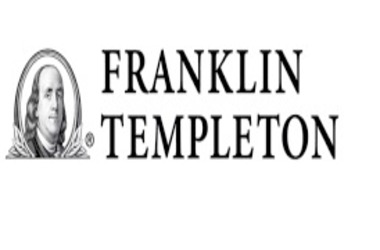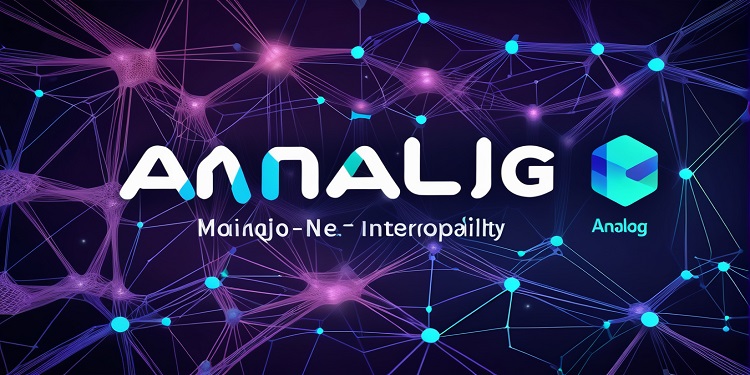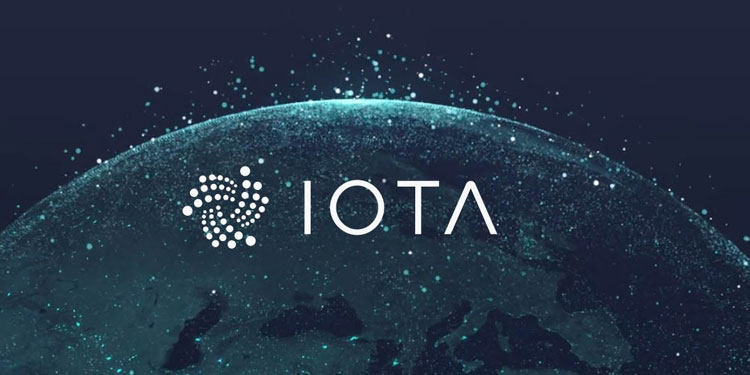 Franklin Templeton’s tokenized money market fund, the Franklin Onchain U.S. Government Money Fund (FOBXX), initially issued on the Stellar public blockchain, has made significant strides in expanding its blockchain presence. Recently, it expanded to Polygon, and now the asset manager contemplates issuing tokens on the Avalanche and Aptos blockchains, along with the Arbitrum sidechain linked to Ethereum.
Franklin Templeton’s tokenized money market fund, the Franklin Onchain U.S. Government Money Fund (FOBXX), initially issued on the Stellar public blockchain, has made significant strides in expanding its blockchain presence. Recently, it expanded to Polygon, and now the asset manager contemplates issuing tokens on the Avalanche and Aptos blockchains, along with the Arbitrum sidechain linked to Ethereum.
Blockchain Diversification Supports Franklin Templeton’s Tokenized Fund
In a bid to diversify its blockchain presence, Franklin Templeton invested in Aptos Labs, a startup founded by former members of the abandoned Diem stablecoin project initiated by Facebook. This diversification has been gradual, with the fund holding a balance of just $2 million on Polygon, possibly owned by Franklin Templeton itself.
To make the tokenized fund more appealing, Franklin Templeton has been providing a discount related to expenses. Although it could charge 0.89% in fees, the subsidy has kept it limited to 0.2%. Recently, the asset manager extended the subsidy for another year. This decision might have been influenced by the fierce competition it faces from startups in the crypto space.
One such startup, Ondo Finance, has attracted an impressive sum of over $162 million to its tokenized fund, which invests in a BlackRock/iShares Treasury ETF. With fees set at 0.45% and a slightly higher fund yield than Franklin Templeton’s, Ondo Finance poses a serious challenge. It’s important to note that the underlying assets of the Ondo/iShares ETF consist of invested Treasuries, while a significant portion of the Frankin Templeton FOBXX portfolio is in riskier Freddie Mac securities. However, the FOBXX fund primarily invests in very short-dated securities, reducing risk during times of rising interest rates.
Additionally, Matrixdock, another startup, has managed to attract more than $100 million to its tokenized Treasuries. Both Ondo Finance and Matrixdock implement Know Your Customer (KYC) procedures and seem to restrict access to accredited investors.
Apart from the lack of regulation and associated risks, Ondo Finance and Matrixdock offer an advantage to investors by accepting payments in stablecoins, eliminating the need to transfer funds out of the crypto world to participate. On the other hand, access to tokenized Franklin Templeton funds is solely available via its BENJI app, requiring conventional payment methods. WisdomTree, another mainstream asset manager, follows a similar approach.
One of the noteworthy features of tokenized assets is the flexibility in the frequency of returns. With automation, payments can occur as often as the asset manager decides. For FOBXX, payouts appear to be processed every weekday in BENJI tokens.
Under the hood, FOBXX’s transfer agent subsidiary utilizes blockchain technology. While transactions are recorded on the public blockchain without personal information, a conventional database is employed to track investor identities. Prior to its launch, Franklin Templeton collaborated with the Securities and Exchange Commission (SEC) to secure clearance.
The Future of Tokenized Money Market Funds:
The success of Franklin Templeton’s tokenized money market fund and the growing competition from startups highlight the evolving landscape of blockchain-based investments. With the expansion to various blockchains, tokenized funds are becoming more accessible to investors and gaining traction within the crypto world. As this trend continues, regulatory considerations and security measures will play crucial roles in shaping the future of tokenized funds.
In conclusion, Franklin Templeton’s FOBXX has demonstrated the potential of tokenized money market funds, and its diversification across multiple blockchains shows promise for increased adoption in the digital asset market. As the competition intensifies, asset managers will need to adapt and innovate to maintain their competitive edge in this rapidly evolving landscape. The future of tokenized money market funds seems bright, but it will require a delicate balance of innovation, regulatory compliance, and risk management to flourish in the long term.








